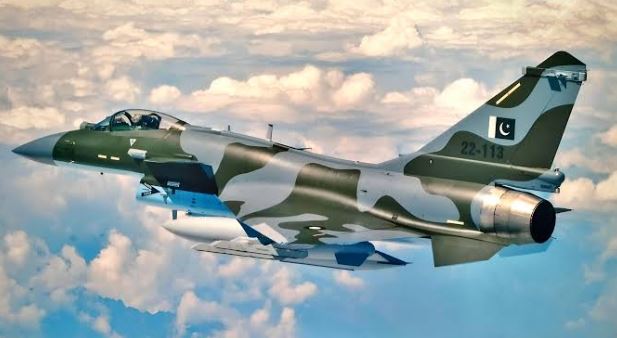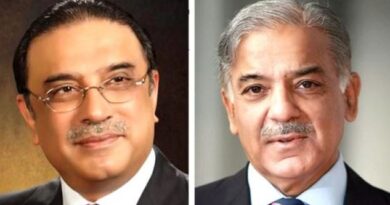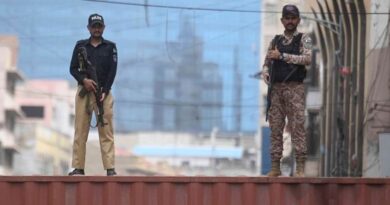Decoding defeat: Five times Indian military officials admitted losses against Pakistan
Monitoring Desk
ISLAMABAD: The conflict between Pakistan and India in May 2025 marked a major military escalation between the two nuclear powers. Following the April 22 Pahalgam attack in Indian Illegally Occupied Jammu and Kashmir (IIOJK), which killed 26 tourists, New Delhi immediately blamed Islamabad without providing any evidence.
On the night of May 7, the Indian Air Force launched an unprovoked attack on civilian targets in Pakistan. The Pakistan Air Force (PAF) immediately retaliated and shot down at least six IAF jets, including three French-built Rafales.
On the night of 9–10 May, India launched another round of strikes against Pakistan, but this time targeted military sites. In retaliation, Pakistan launched Operation Bunyanum Marsoos, striking back at Indian military installations, including missile storage sites, airbases and other strategic targets. On May 10, US President Donald Trump announced that a ceasefire had been reached following intense diplomatic efforts overnight.
While the Indian political leadership has consistently denied losses, a series of remarks from senior Indian defence officials over recent weeks suggest that the Indian Air Force (IAF) did suffer losses, and potentially more than previously acknowledged. It also shows that the political and military leadership are not on the same page and are at a loss on how to form a new narrative.
Air Marshal AK Bharti: The first official hint came on May 11, when Air Marshal AK Bharti, Director General of Air Operations, responded to a journalist’s question at a press briefing on Operation Sindoor. He said, “Losses are a part of combat… All our pilots are back home.” Though he did not confirm the number or type of aircraft lost, it marked the first public admission of any kind regarding IAF losses.
General Anil Chauhan: On May 31, General Anil Chauhan, India’s Chief of Defence Staff, made a more pointed remark during an interview with Bloomberg Television at the Shangri-La Dialogue in Singapore.
Dismissing reports that six Indian jets had been downed, he remarked, “What is important is not the jet being down, but why they were being down… That is more important for us. And what did we do after that.” General Chauhan also acknowledged that the IAF was “handicapped” in its flying operations for the next two days — a significant revelation from India’s top military official.
Captain (IN) Shiv Kumar: A third and particularly candid admission came on June 10 from Captain (IN) Shiv Kumar, India’s Defence Attaché to Indonesia, while speaking at a university seminar in Jakarta.
“I may not agree that we lost so many aircraft, but I do agree we did lose some aircraft… The Indian Air Force lost fighter jets to Pakistan on the night of May 7, 2025, only because of the constraint given by the political leadership to not attack the military establishment or their air defences,” he said.
Defence Secretary RK Singh: On July 8, Defence Secretary RK Singh added to the growing list of official acknowledgements in an interview with CNBC-TV18. Responding to speculation about the loss of multiple Rafale aircraft, he said, “You have used the term Rafales in the plural, I can assure you that is absolutely not correct.” While aimed at denying the scale of losses claimed by Pakistan, Singh’s remark effectively confirmed that at least one Rafale may have been downed — again, without disclosing numbers.
Lt General Rahul Singh: Further confirmation came from Indian Deputy Army Chief Lt General Rahul Singh, who, two months after the fighting ended, acknowledged India’s military defeat in the operation.
“Pakistan’s security forces were fully aware of Indian fighter jet movements in real-time… We have been preparing for decades to counter India,” security experts said, adding that the victory was the result of professionalism, strategy, and training, not external assistance.
Taken together, these statements paint a picture of guarded admissions by Indian officials, revealing more through what was left unsaid than what was openly confirmed.



